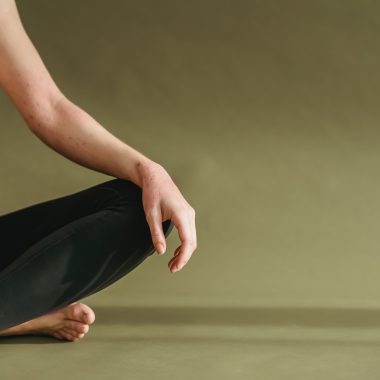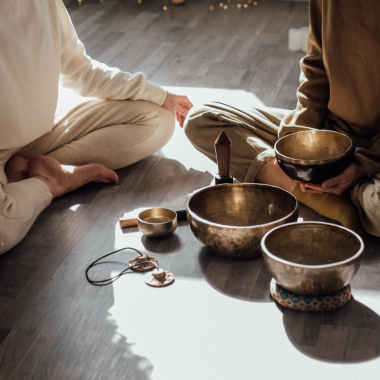Mindfulness is the practice of being present and fully engaged in the current moment. It involves paying attention to your thoughts, feelings, bodily sensations, and the surrounding environment in a non-reactive and non-judgmental way. Mindfulness is often associated with meditation, but it can also be practiced in daily activities such as walking, eating, or even brushing your teeth.
The concept of mindfulness has its roots in ancient Eastern practices such as Buddhism and yoga, but it has recently gained popularity in the Western world as a way to manage stress, improve mental and physical health, and increase overall well-being.
Here are a few reasons why mindful living is so important nowadays:
- Stress management: Mindfulness can help you to manage stress by providing a sense of calm and relaxation. When we are mindful, we are less likely to be caught up in thoughts of the past or worries about the future and more able to focus on the present moment. This can help to reduce feelings of anxiety and stress.
- Improved mental and physical health:
Mindfulness has been shown to have a positive impact on a wide range of mental and physical health conditions, including depression, anxiety, chronic pain, and even heart disease. Research has shown that regular mindfulness practice can lead to an increase in positive emotions and a decrease in negative emotions. - Increased self-awareness:
Mindfulness can help us to become more aware of our thoughts, feelings, and bodily sensations. This increased self-awareness can lead to a greater understanding of your own behavior and reactions, which can be beneficial for personal growth and development. - Improved focus and concentration:
Mindfulness can help us to focus, concentrate better, and be able to focus on the task. This can be particularly beneficial in today’s fast-paced and ever-changing world, where multitasking and constant distractions are usual. - Improved relationships:
Mindfulness can help us to develop more meaningful and fulfilling relationships. By being more present and aware in our interactions with others, we are more likely to be more empathetic, understanding, and compassionate. - Better decision-making:
Mindfulness can help individuals to make better decisions. When we are mindful, we are less likely to be swayed by our emotions and more able to consider the facts and make informed decisions.
There are several ways to incorporate mindfulness into your daily life:
- Meditation:
One of the most common ways to practice mindfulness is through meditation. There are many different types of meditation, but the most common form of mindfulness meditation involves sitting quietly, focusing on the breath, and bringing your attention back to the present moment whenever your mind wanders. - Mindful movement:
Mindfulness can also be practiced through movement, such as yoga, tai chi, or qigong. These practices involve moving the body slowly and deliberately, with attention to breath and the present moment. - Mindful eating:
Eating mindfully involves paying attention to the food you are eating and the experience of eating. This can involve taking small bites, savoring the flavors, and being present in the moment. - Mindful walking:
Walking mindfully involves paying attention to the sensation of your feet hitting the ground, the feeling of the air on your skin, and the sights and sounds around you. - Mindful listening: Listening mindfully involves paying attention to the sounds around you, whether it’s the birds singing, the wind blowing, or a conversation with a friend.
It’s important to note that mindfulness is not a quick fix and like any other skill, it takes practice and patience to develop. It’s also important to remember that mindfulness is not a one-size-fits-all solution, and what works for one person may not work for another. It’s important to experiment with different techniques and find what works best for you. Additionally, it’s important to remember that mindfulness is not a substitute for professional help if you are dealing with a mental health condition. Consult with a healthcare professional if you have any concerns.








